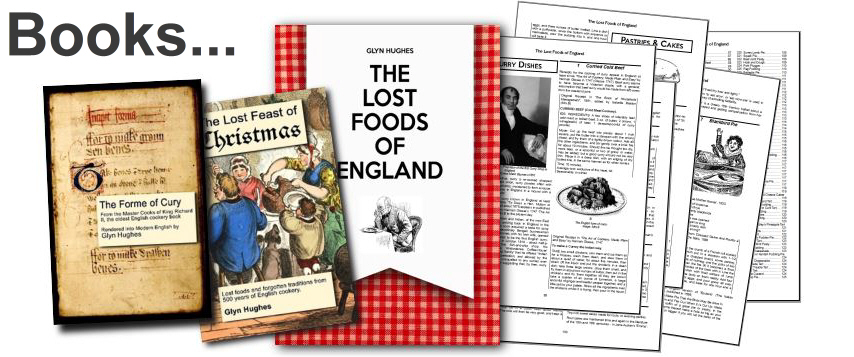

|
 Mead flavoured with herbs, known since the mid 1500's and repeatedly mentioned in texts of the 17c and 18c. Now rare, but occasionally produced commercially. Tobias Venner's book of 1620 about the history of Bath suggests making your metheglin with "Rosemary, Hyssop, Time, Orgaine, and Sage". Digby 1669 contains many receipts for metheglins, such as "Sir Thomas Gower's Metheglin for Health" which calls for "Sweet-bryar-leaves, of Sweet-marjoram, Rosemary, Thyme, of each one a handful: Flowers of Marigold, Borrage, Bugloss, Sage, each two handfuls" to be mixed with the water and honey by "a lusty Servant, his Arms well washed". 1948  Original Receipt in 'The Queene-Like Closet' (1672) by Hannah Woolley (Wooley 1672) Original Receipt in 'The Queene-Like Closet' (1672) by Hannah Woolley (Wooley 1672)To make white Metheglin. TAKE of sweetbryer, violets, sweet mar jorum, large time, strawberry leaves, vio let leaves, egrimony, of each one handfull; burrage and buglosse, of each three leaves, four branches of rosemary, three or four red gilly flowers, anniseeds, coriander seeds, fennel seeds and carroway seeds, of each half a spoonfull, some large mace; boile all these in a gallon of water for the space of an hour, then strain it and let it stand till it be cold, then put in as much honey as will make it strong enough to bear an egg, then boil it wel; and when it is almost cold, skim it well, and begin in the boiling; then put in a little ale yest about a pint, and beat it soundly with a stick, then tun it up, and hang a little bag in the vessel with nutmeg, cinnamon, ginger, cloves and mace, and lemmon pill; keep the bag down in the liquor; when it hath been tunn'd a while bottle it, and you will find it very rare.  Original Receipt from 'Pot-luck; or, The British home cookery book' by May Byron (Byron 1914) Original Receipt from 'Pot-luck; or, The British home cookery book' by May Byron (Byron 1914)958. METHEGLIN (Cornwall) Take three and a half pounds of honey, one quart of white-currant juice, two gallons of boiling water, quarter of an ounce of cream of tartar, and stir all well together till the honey is quite dissolved. Then let it stand to ferment. When fermentation ceases, strain it off, add one pint of brandy (see note. No. 940), and bottle it. If it be properly corked and kept in a dry place, it will keep good for years.  |
|
MORE FROM Foods of England... Cookbooks ● Diary ● Index ● Magic Menu ● Random ● Really English? ● Timeline ● Donate ● English Service ● Food Map of England ● Lost Foods ● Accompaniments ● Biscuits ● Breads ● Cakes and Scones ● Cheeses ● Classic Meals ● Curry Dishes ● Dairy ● Drinks ● Egg Dishes ● Fish ● Fruit ● Fruits & Vegetables ● Game & Offal ● Meat & Meat Dishes ● Pastries and Pies ● Pot Meals ● Poultry ● Preserves & Jams ● Puddings & Sweets ● Sauces and Spicery ● Sausages ● Scones ● Soups ● Sweets and Toffee ● About ... ● Bookshop ● Email: editor@foodsofengland.co.uk COPYRIGHT and ALL RIGHTS RESERVED: © Glyn Hughes 2022 BUILT WITH WHIMBERRY |